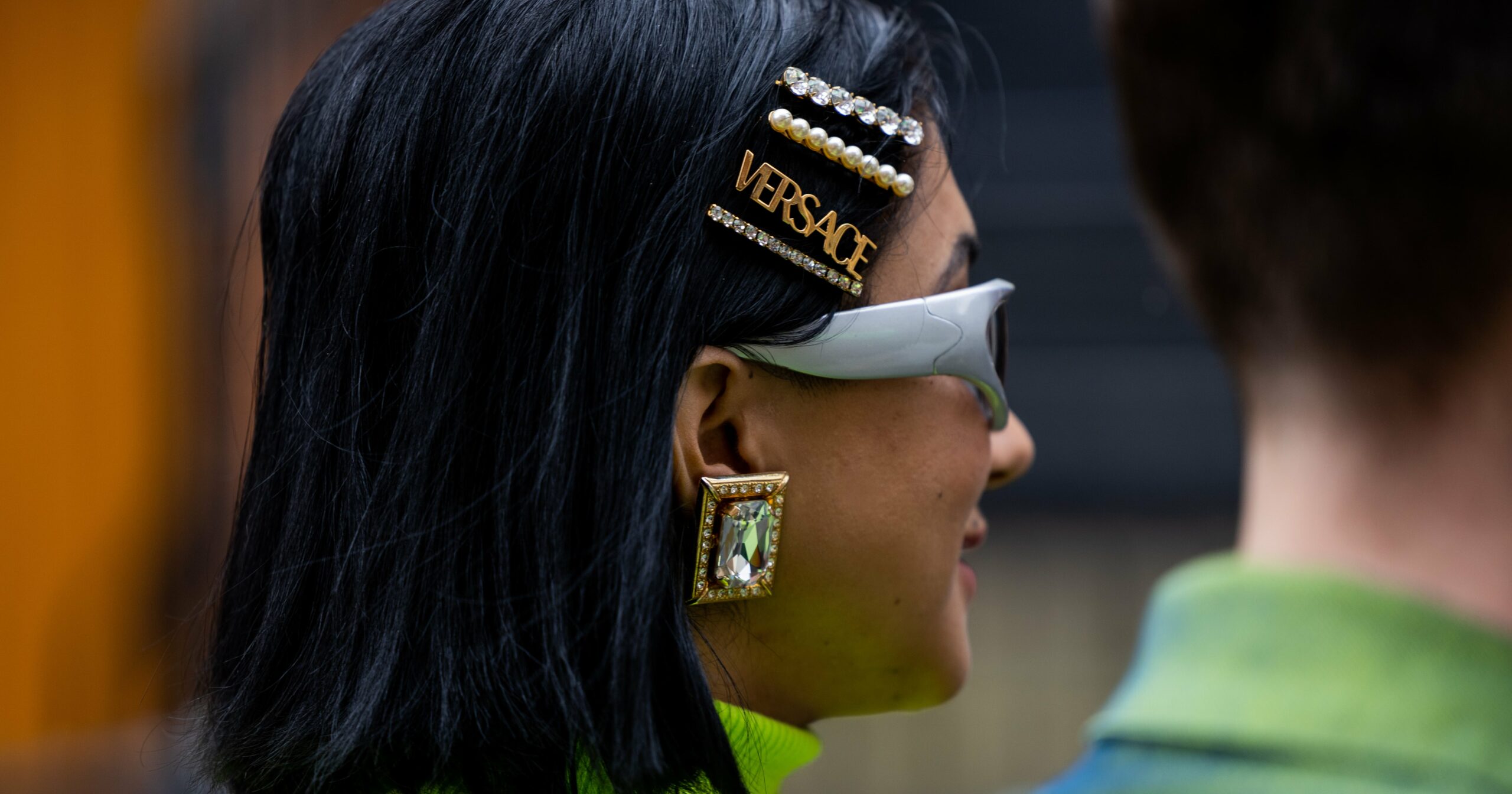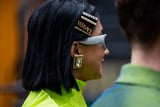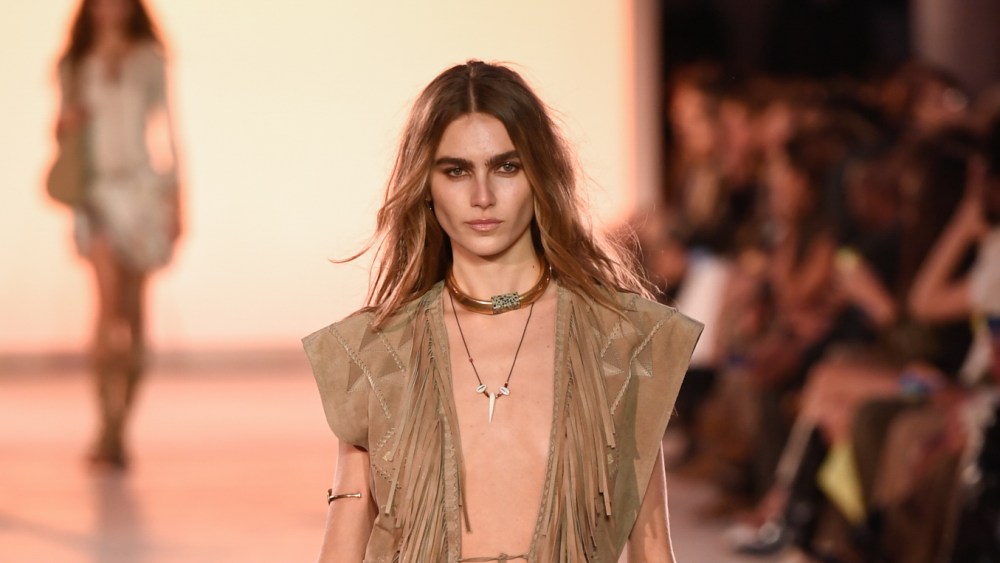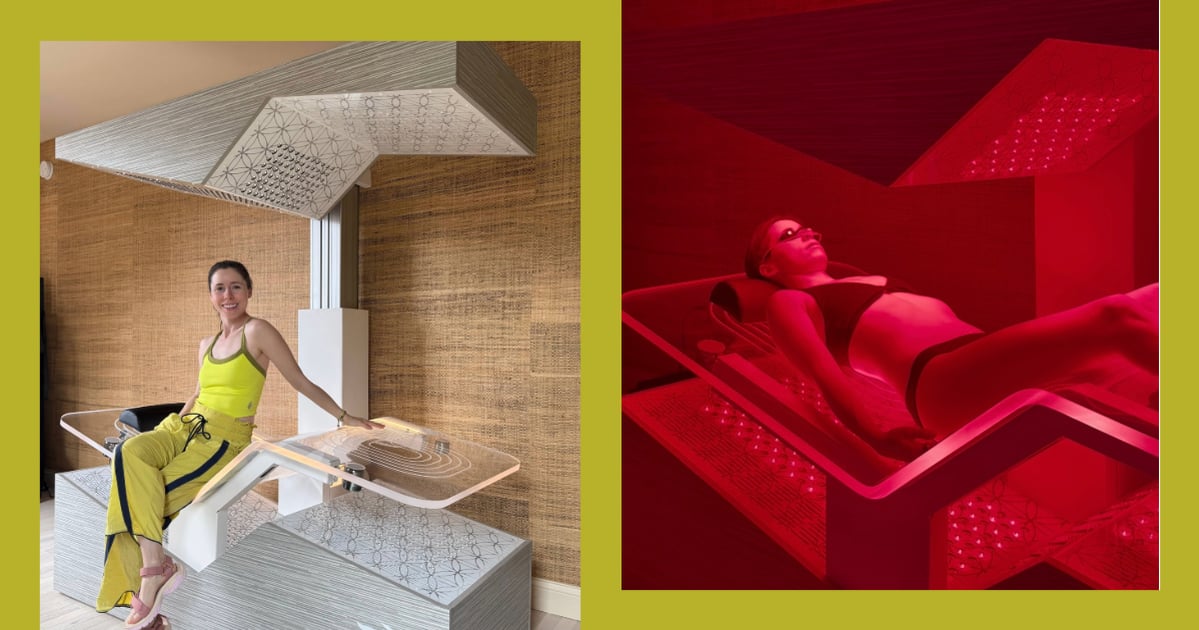Blue-black hair first had a moment back in the early 2010s, when stars like Katy Perry and Rihanna debuted the edgy color. The playful yet timeless twist on traditional black hair is now back in a big way. Celebrities like Megan Thee Stallion and Camila Mendes have been seen with new-and-improved versions of the look, proving the hue can also work on a multitude of styles, ranging from bobs to curls.
If you’ve ever looked up at a clear night sky and couldn’t decide exactly what color it was, you’ve discovered a variation of blue-black. Ahead, learn more about the trend and how to maintain this dramatic color at home. Plus, find a curated guide of blue-black looks for plenty of inspo.
Experts Featured In This Article
Wendy Burns is the national stylist for Henkel.
What Is the Blue-Black Hair Color Trend?
“It’s a cool color with the depth or darkness of the hair being black and the reflection or tone being a cool blue,” stylist Wendy Burns tells PS. Burns also notes that the exact intensity of the color is completely left to your discretion. Not sure where to land? A medium, blue-black shade is ideal when it comes to being both on-trend and offering lasting vibrancy. Blue-black hair is also the perfect way to upgrade your color while matching the moody vibes of late fall and early winter.
Who Should Try Blue-Black Hair?
Anyone with any natural brown or black hair can try this trend, but it’s important to note that finding the perfect shade is not a case of one-size-fits-all. Blue-black hair tends to work best on cooler skin tones and on naturally dark hair. The point is, if you have a pale skin tone and/or lighter hair, the stark contrast of the super dark color can tend to come off pretty harsh.
When it comes to trying the color, be very specific with your stylist. “If you’re going to the salon wanting a drastic change, take a picture with you as your inspiration,” Burns says. “This way, your stylist can give you exactly what you are looking for based upon your hair needs.” Ultimately, the end result might involve some deep, blue-based highlights if you already have nearly black hair to begin with. Or, if you have dark brown hair, a permanent blue-black color can be used as a single process; Burns notes that this works well to also cover any pesky grays that may be emerging.
If you have darker hair, you can also try at-home blue-black hair dye. Burns likes
How to Maintain Blue-Black Hair
Although it’s an undeniably cool color, blue-black hair requires frequent upkeep. Maintaining the vibrancy and shine is key to maximizing the dramatic effect and ensuring it doesn’t read as drab or dingy. This holds especially true if your hair is naturally a bit lighter to begin with, in which case the blue-black tones tend to fade even faster than if they’re on a darker base. One easy way to offset this problem? Use an at-home hair gloss, which can keep your new color vibrant for weeks at a time.
As is the case with any color you’re trying to preserve, Burns suggests using cool water in combination with a shampoo and conditioner formulated for color-treated hair. “You can use a moisturizing mask to ensure that hair looks healthy and shiny,” she says.
No matter whether you want your blue-black shade to be subtle or more dramatic (and no matter what your preferred style is), keep scrolling for proof of just how versatile this shade can be with these blue black hair color ideas.




